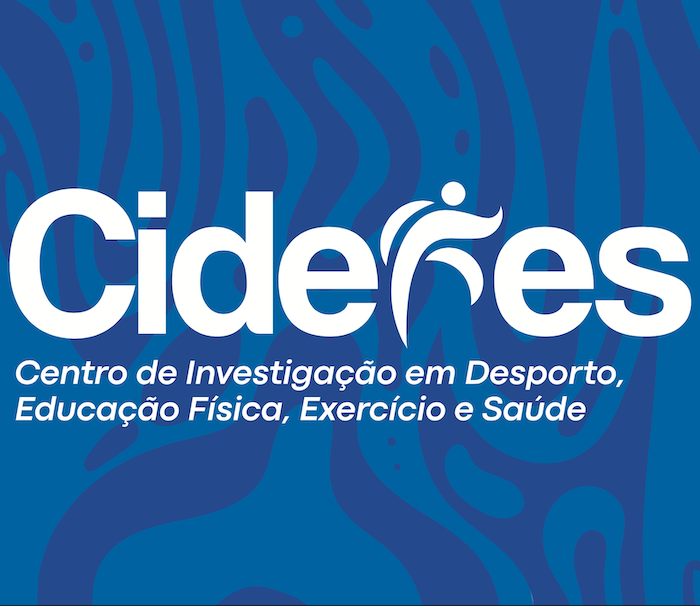Projects
ACTIVUS - Activating the Dual Career of Athletes and Holistic Development of Young, Talented Athletes across Europe
This project is not under CIDEFES Leadership.
Timeline
23/03/2023 (submitted) 01/01/2024 to 31/12/2025
Partners
- Sportief Besteed Projecten Bv (Nederlands) (coordinator)
- CIDEFES – Universidade Lusófona (Portugal)
- Liceul cu Program Sportiv Suceava (Romenia)
- L’ORMA (Italy)
- Asociacion Cultural y Deportiva La Hoya (Spain)
- Karate Federation of Republic of North Macedonia (Macedonia)
- José Morgado, Catarina Matias and Lúcia Gomes
Summary
The project “ACTIVUS – Activating the Dual Career of Athletes and Holistic Development of Young, Talented Athletes across Europe” generally aims to raise awareness of importance of the Dual Career of the Athlete (DCA) and the betterment of trainers/coaches by building up a framework which can be immediately implemented in the field.
Understanding student-athletes’ identity and motivation in dual-career commitments is vital for effective support in career development (Stambulova et al., 2020). European guidelines stress the need for strategies to boost motivation, prevent early school leaving, and enhance employability (European Commission, 2012). Projects focusing on athletes’ dual-careers should expand to study coaches’ influence on DCA skills and improve coaches’ management skills (Capranica & Guidotti, 2016).
The project ACTIVUS specific objectives are: a) to create awareness about the DCA context regarding motivation and competencies, b) to develop the competencies of trainers and coaches in providing support to DCA, and c) sensitise stakeholders’ organisations to the potential impacts of dual-career sport policies.
Three target groups will be addressed: young and talented athletes (15 to 18 years), coaches of these athletes and stakeholders’ organisations (sports clubs and regional and National Sporting Federations/Institutes).
DCA context of these groups will be characterized as means of providing need analysis.
An educational and training module, along with educational tools for fostering the soft skills development of athletes and supporting coaches’ growth, will be developed, and implemented. Additionally, through the valuable insights gathered from local focus groups, we will create a trainers’ handbook, an information package tailored for policymakers, and a website to facilitate this initiative.
This project is funded by the Erasmus + Sport programme of the European Education and Culture Executive Agency (EACEA).

